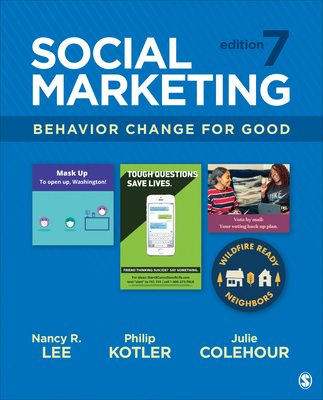
Affective Dimensions of Fieldwork and Ethnography(Theory and History in the Human and Social Sciences)
田野工作与民族志的情感维度
民族问题理论
¥
1548.75
售 价:
¥
1239.00
优惠
平台大促 低至8折优惠
发货周期:通常付款后3-5周到货!
出版时间
2019年09月02日
装 帧
精装
页 码
330
开 本
0 x 0 x 0 cm
语 种
英文
综合评分
暂无评分
- 图书详情
- 目次
- 买家须知
- 书评(0)
- 权威书评(0)
图书简介
This book illustrates the role of researchers’ affects and emotions in understanding and making sense of the phenomena they study during ethnographic fieldwork. Whatever methods ethnographers apply during field research, however close they get to their informants and no matter how involved or detached they feel, fieldwork pushes them to constantly negotiate and reflect their subjectivities and positionalities in relation to the persons, communities, spaces and phenomena they study.The book highlights the idea that ethnographic fieldwork is based on the attempt of communication, mutual understanding, and perspective-taking on behalf of and together with those studied. With regard to the institutionally silenced, yet informally emphasized necessity of ethnographers’ emotional immersion into the local worlds they research (defined as “emic perspective,” “narrating through the eyes of the Other,” “seeing the world from the informants’ point of view,” etc.), this book pursues the disentanglement of affect-related disciplinary conventions by means of transparent, vivid and systematic case studies and their methodological discussion. The book provides nineteen case studies on the relationship between methodology, intersubjectivity, and emotion in qualitative and ethnographic research, and includes six section introductions to the pivotal issues of role conflict, reciprocity, intimacy and care, illness and dying, failing and attuning, and emotion regimes in fieldwork and ethnography.Affective Dimensions of Fieldwork and Ethnography is a must-have resource for post-graduate students and researchers across the disciplines of social and cultural anthropology, medical anthropology, psychological anthropology, cultural psychology, critical theory, cultural phenomenology, and cultural sociology.
本书暂无推荐
本书暂无推荐













